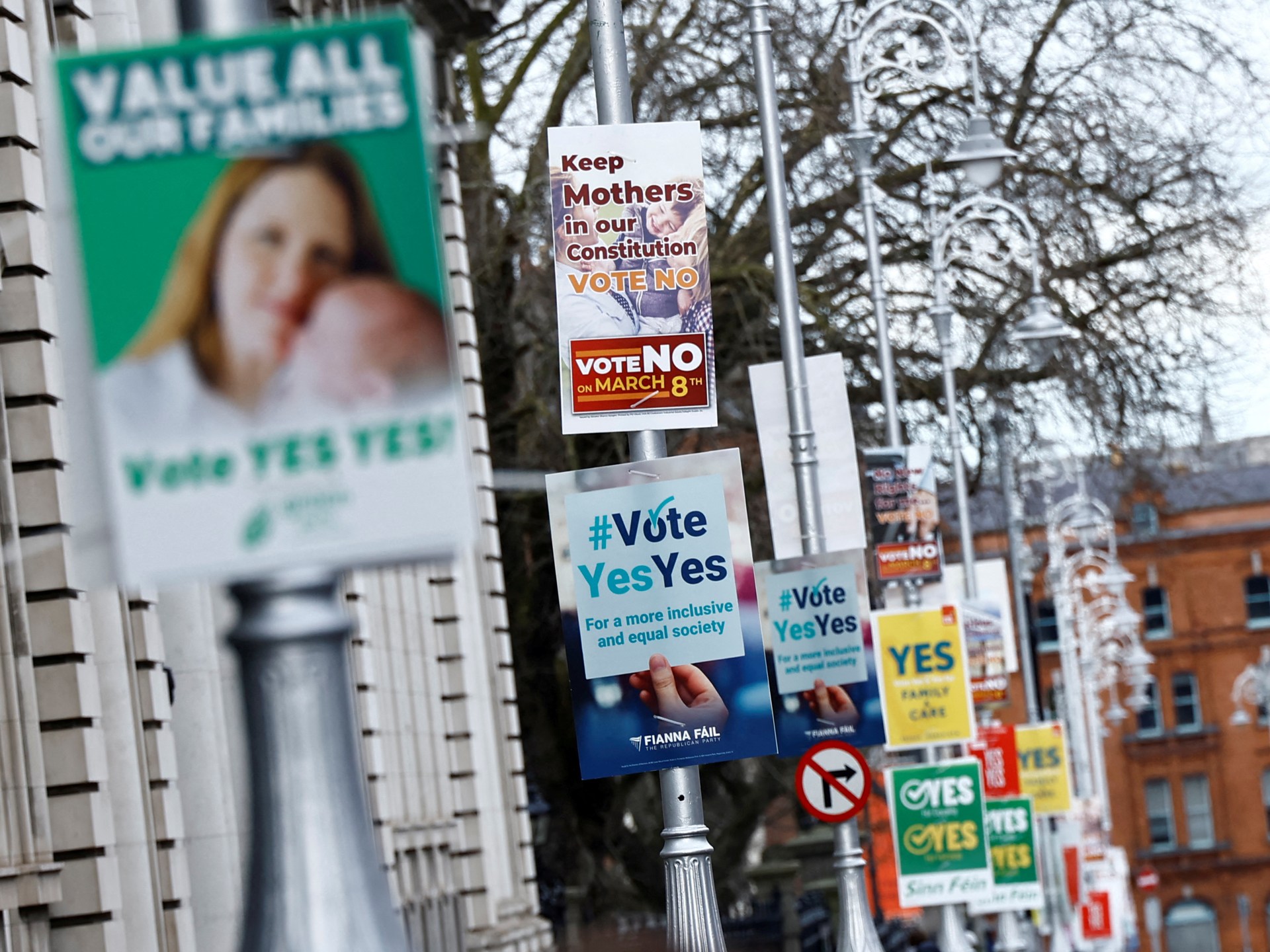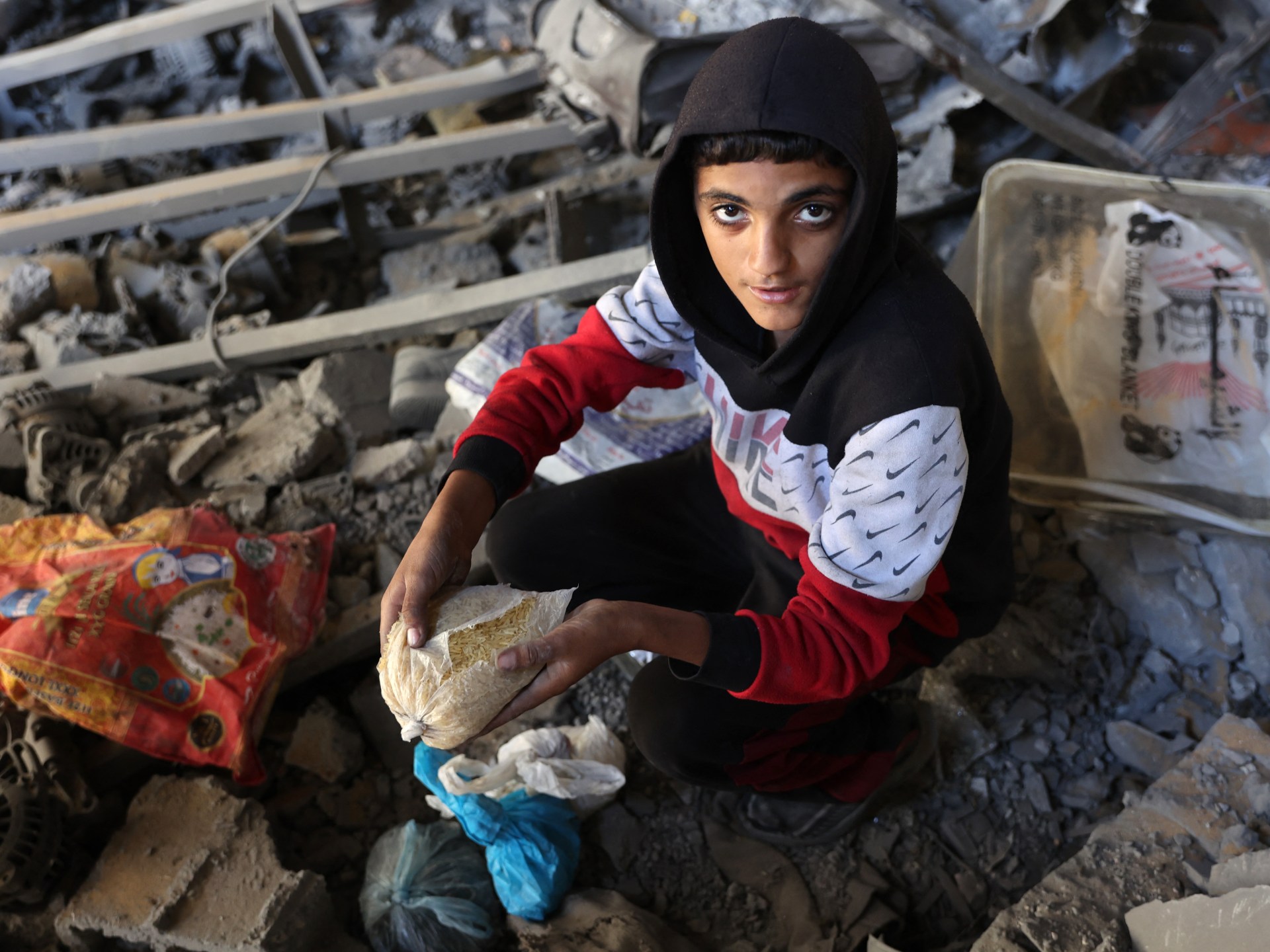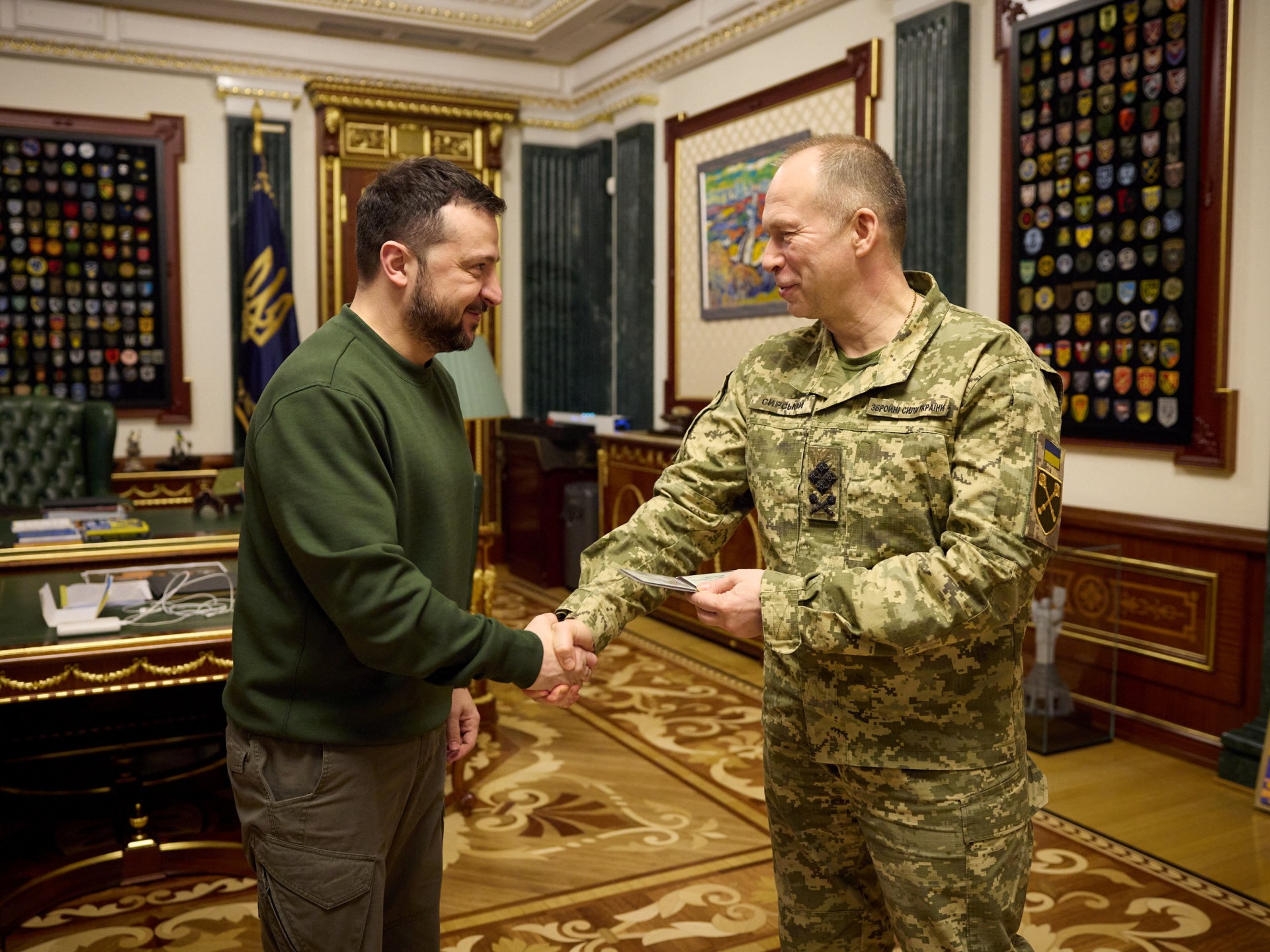Guatemalan journalist José Rubén Zamora arrested in political crackdown
Zamora is president and founder of the newspaper elPeriódico, which has reported on suspected corruption within the administration of President Alejandro Giammattei, including in the prosecutor’s office.
In a video posted on Twitter on Saturday, Zamora said he would begin a hunger strike protesting his detention. Authorities also raided his newspaper’s headquarters.
In a separate post, elPeriódico said it would not be silenced despite what it said were “constant” attacks, persecutions and threats against the paper and its president. “We have always believed in freedom of expression and worked to control power through journalism, against all odds,” the paper wrote.
Zamora’s arrest was condemned by human rights groups and the New York-based Committee to Protect Journalists, which gave Zamora its International Press Freedom Award in 1995 for his work advocating for press freedoms and fighting censorship in Guatemala.
“Guatemalan authorities should immediately release and drop any criminal charges against journalist José Rubén Zamora, president of elPeriódico,” said CPJ Advocacy Director Gypsy Guillén Kaiser in a statement late Saturday. “Judicial persecution against journalists is a mechanism of intimidation, and authorities in Guatemala need to put an end to their campaign to intimidate and threaten the press.”
In a video statement, Rafael Curruchiche, who leads the anti-impunity office in Guatemala, said Zamora’s arrest “has no relation in his capacity as a journalist.” He said that he was being investigated in relation to “a possible act of money laundering in his capacity as a businessman.”
Curruchiche was placed on a State Department list of “corrupt and undemocratic actors” from Central America earlier this month. The U.S. report accuses Curruchiche of obstructing investigations into acts of corruption “by disrupting high-profile corruption cases against government officials.”
Several other senior Guatemalan officials, including Attorney General María Consuelo Porras, were placed on the list last year. In May, the State Department announced additional sanctions against her over allegations of “involvement in significant corruption.”
In March, one of Guatemala’s most important judges and a key U.S. ally in the fight against corruption resigned and fled the country in a worrying sign of the deterioration of its judicial system.
The Biden administration has said bolstering anti-corruption programs and improving governance in Central America are essential to deterring illegal migration, and has accused senior officials and politicians in El Salvador, Guatemala and Honduras of corruption.
Guatemala isn’t the only Central American government cracking down on journalists. In Honduras, journalist Sonia Pérez is facing criminal charges over her coverage of police evictions of Indigenous people, according to CPJ. In El Salvador, authorities have effectively criminalized reporting on gangs, leading to concerns about human rights amid a wave of arrests often made with very little evidence.
Kevin Sieff contributed to this report.
Check out our Latest News and Follow us at Facebook
Original Source







